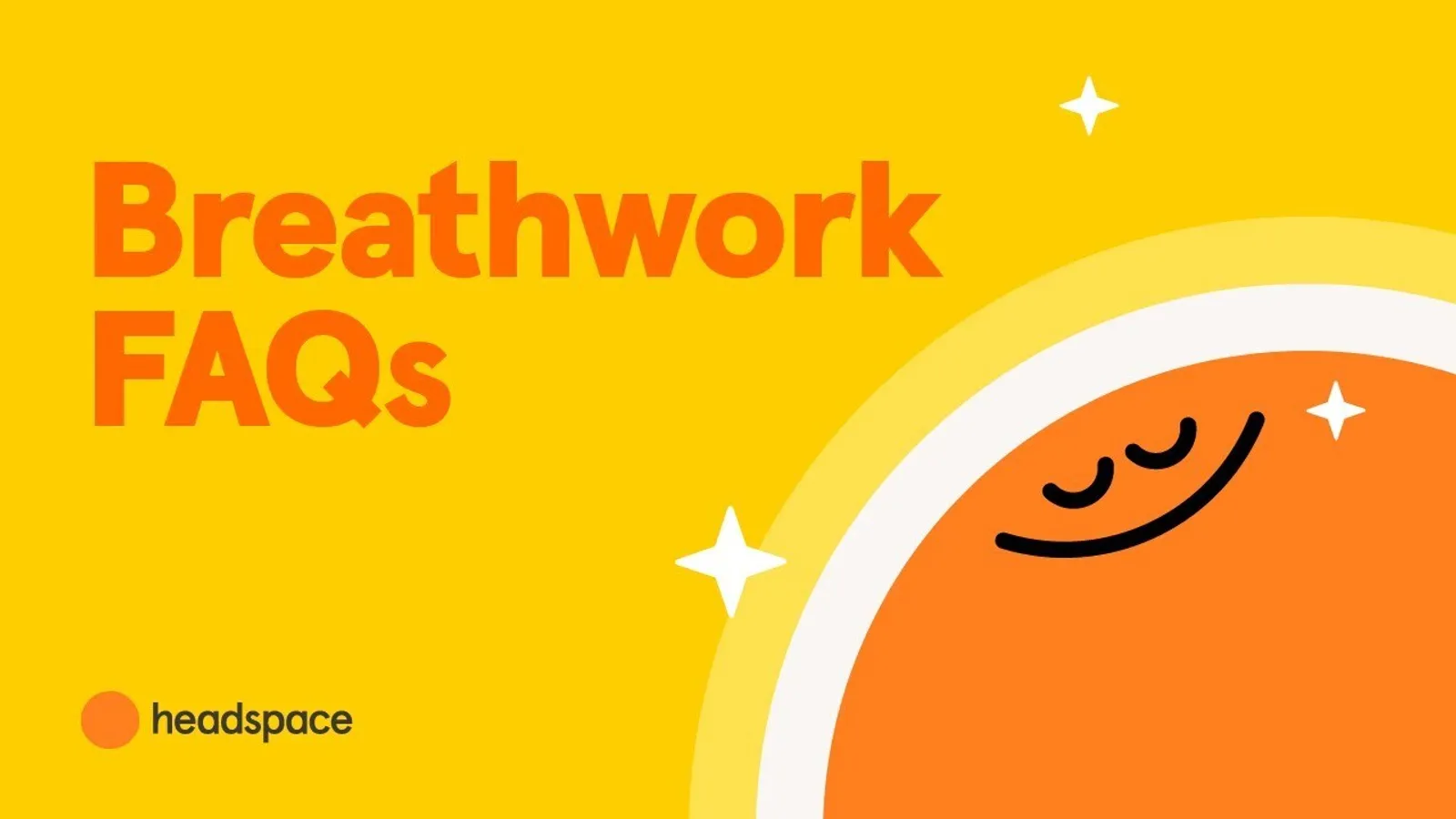
Workplace issues & unemployment

What is it?
Workplace issues—problems related to tasks and overall interactions at your job—are pretty common. We all encounter occasional pressure and stressful moments—it is called work for a reason, after all. But when the stressors become constant, they can affect how you’re doing at work and may even trigger a stress response that leads to bigger health or relationship issues. Research for the Surgeon General's report on workplace health found that 84% of survey respondents said their workplace conditions had contributed to at least one challenge they were dealing with related to their mental health. For some people, this may trigger burnout.
Unemployment and job loss are other types of work-related issues that can have a significant effect on your health and life. It may feel like you’ve lost stability and a sense of your identity, which may trigger feelings of grief and loss. Those feelings, combined with the need to find work to support you and your loved ones, can be difficult and scary.
But there is good news. More people—including employers—are realizing how important workplace well-being is following our collective experience of pandemic stressors, and are exploring ways to support it. As a result, there are many steps you can take to keep any work issues you encounter in check, and a number of resources available to help you manage and navigate the workplace and unemployment.
What's causing it?
There are many different types of stressors that cause issues in the workplace and they can vary by person and by workplace.
Some workplace issues are related to the nature of the work and can leave you feeling overwhelmed, unappreciated, or disconnected. These include:
- Excessive, overwhelming workload
- Uninteresting or unchallenging tasks
- Strict, long or unpredictable schedules
- Lack of input on decisions or lack of control
- Lack of meaning or purpose
Other issues could be related to workplace dynamics and can leave you feeling unsupported, unequipped to do the work you need to do, or even unsafe. These include:
- Low pay, limited growth or stability concerns
- Lack of clarity on roles and responsibilities
- Difficult relationships with managers or coworkers
- Lack of work-life balance
- Not enough tools or training
- Lack of value, appreciation or support by supervisors
- Discrimination, inequality and disrespect
- Health, wellness and safety issues
- Workplace environment or commute
Though you might feel undervalued, stuck or unhappy to the point you’d like to resign or find a new job, there are many reasons why that may feel like a daunting or unrealistic option—your financial situation, family responsibilities, available time and the state of the job market are just a few factors. Your situation can feel even more difficult if you feel pressure to push through, link your identity with work and achievement, have negative feelings toward yourself or have reached the point of intense burnout.
Since time off isn’t always possible, you may need to find ways to cope with stressors on the job. It’s important to recognize what workplace issues exist for you and how they’re affecting your mental health so that you can take the steps to refresh your outlook on work and how it fits into your life.
How should I deal with it?
Given the pressure to be high-performing, it might be hard to admit when something needs to change. Recognizing the extent to which a challenging work situation, losing a job or being unemployed is having on you is the first and necessary step.
If you’re employed, start by exploring what support your employer may offer by talking to a manager, union rep, or human resources; taking advantage of an employee assistance program (EAP) if your workplace has one; or taking some time off if you can (check with your workplace to understand what paid leave options they may have).
If you’re unemployed, you can take small steps to ensure your basic needs are met in this moment of transition. Explore filing for unemployment if you haven’t already. It’s also worth looking into getting health insurance (check out healthcare.gov), especially if your mental health is worsened by job loss. If you find yourself with extra time, consider using some of it to do things you enjoy like seeing friends, revisiting a hobby or going on longer walks.
Try to recognize the value you can bring to a workplace that treats you with the respect you deserve. Taking care of yourself—mind, body and soul—can help you celebrate your value and land you a better work-life balance.
-
To create a clear end to the work day, try doing things like putting away your work materials, stepping away for another activity, or following away-from-work communication rules you define with your coworkers (like setting expectations you aren’t available for meetings, calls, or email replies after a certain time).Explore More
-
Picture yourself at the top of your game
Be like Mike. He credits tapping in to the power of his mind—visualizing himself winning—to helping him become a master of basketball. And it’s is something you can try too. What’s the equivalent to making a basket, or winning a championship trophy in your life? If you picture yourself achieving this in your mind, your brain actually does the work to create a new neural pathway. In non-science speak, this means when you visualize something vividly, and repeatedly, the brain feels like you’ve actually done the thing you’ve imagined. So when the situation arises in real life, you can be calm in the moment and worry a little less about how to do the thing because you’ve already experienced it your mind.Explore More -
Reward your achievements
Do something nice for yourself after you complete a task or have a win—big or small. This might be taking a break, talking to a friend, or getting outside for a bit.Explore More
What can I do now?
- WebsiteCoping with a layoff
- WebsiteGet information on government programs
- WebsiteLearn more about workplace mental health
Citations
- U.S. Department of Health and Human Services. Workplace Well-Being





